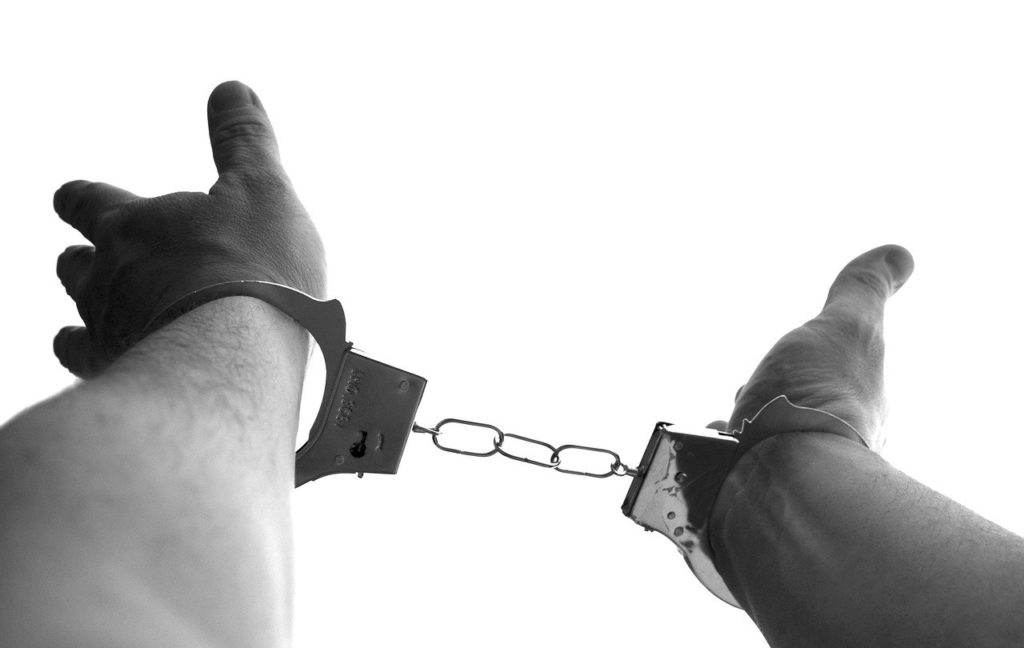We’ve all done some things in our past that we’d rather leave in our past. Unfortunately, sometimes they return to haunt us in more ways than we’d care to relive.
Perhaps you have a criminal conviction on your record. You served your time, and now, you want to get on with your life. Sadly, something like this will likely follow you for the rest of your life, even if it was a minor misdemeanor.
You might not think that it’s not worth your time and effort to try and get your record expunged, but it can open up a whole new world of possibilities you never imagined possible.
Here’s what you need to know about record expungement.
What Does Expunged Mean?
When you get arrested or convicted, this information appears on a public record that is accessible to anyone who runs a background check on you. The term expunged as used within the legal fraternity refers to the process of “erasing” these records so that this information doesn’t come up on your public record.
Who Can See Expunged Records?
“Record expungement” and “record sealing” are often used interchangeably, but they mean two different things. In an expungement, the legal record is erased in the eyes of the law. Sometimes, the record may even be destroyed entirely, making it almost like the arrest or conviction never happened.
Having your record sealed, on the other hand, means that although it is still kept by the government, it is shielded from public view. That way, no one can look at it. However, if the state deems it a matter of public interest that your records should be unsealed, the arrest and conviction details will pop right back up in your profile.

Expunge Record – Reasons Why You Should Do It
Getting your criminal slate wiped clean may be the fresh start you need to get your life in order. Here’s why the record expungement process is worth your while.
1. You’ll Get a Job
There’s no escaping it. Filling out a job application involves stating whether or not you’ve previously been convicted of a crime. In all cases, this leads to an automatic disqualification, which means you won’t be considered for the position.
2. You Can Secure Adequate Housing
Most landlords look into your criminal past to establish whether you’ll make a suitable tenant for their property. More often than not, if a conviction comes up when they run a background check on you, it usually marks the end of the road to living in your dream home.
3. You Can Secure a Loan
Financial institutions typically look into your criminal record to determine if you’re a suitable candidate before they can disburse a loan. Chances are if a conviction comes up, they’ll deny your loan application.
4. You Can Get College/University Admission

When applying to institutions of higher learning, universities are likely to deny your application based on a criminal conviction or arrest that comes up when they run a background check on you. This works against you in your pursuit of further education.
5. You Can Become a Foster or Adoptive Parent
All states, the District of Columbia, as well as, the US territories have statutes and regulations in place that require background checks to be done on prospective foster and adoptive parents. In most states, having a criminal record disqualifies you as a potential parent.
6. Get Competitive Rates on Insurance Premiums
If you have a DUI-/DWI-related arrest or conviction, chances are you’re paying exorbitant rates on your car insurance premiums. A DUI expungement will see you enjoy competitive interest rates on premiums since your insurer will no longer view you as a high-risk client.
What Crimes Can Be Expunged
Not all states allow for the expunction of a criminal record. Those that do have a set of requirements to determine if you’re eligible for a record expungement. The crimes that can be expunged, as well as the stipulations for the expunction, depend on the state in question.
For instance, to qualify for record expungement in Texas, the following requirements have to be met for both felony and misdemeanor offenses: That

- The charges leveled against you were dismissed at trial
- You were acquitted
- You were never charged after an arrest
- You were later found “not guilty” after being convicted
- You were later pardoned after being convicted
The following crimes, however, are not eligible for expungement in Texas:
- Murder
- Aggravated kidnapping
- Domestic violence
- Crimes that require a person to register as a sex offender
- Stalking
- Human trafficking
- Injury to a child, elderly person or someone with a disability
How to Get Record Expunged
The first step is to get in contact with an expungement lawyer and find out if you are eligible. If you are, you can then proceed to file a petition for expungement through your attorney and pay the required court fees. You’ll then have to wait for the court to process your paperwork before you can receive a hearing date for a judge to expunge criminal record history.
In some states like Texas, if you were arrested but not formally charged for the crime in question, you have to wait for a specific time-duration before you can file a petition for expunction. For instance, the waiting period for class A and B misdemeanors is 12 months from the date of arrest, whereas that of class C misdemeanors is 180 days from the date of arrest. Felony charges, on the other hand, have a waiting period of three years from the date of arrest.
Get a New Lease on Life
While expunction laws may vary from one jurisdiction to the next, having a qualified expungement attorney in your corner is your best chance at getting a favorable outcome and a brand new lease on life. They are best suited to determine the specific laws in your area and circumstances surrounding your arrest and/or conviction to help you get your record expunged and reputation restored.
Don’t let one mistake haunt you for the rest of your life. Take back your future by cleaning up your criminal history today.
If you have more legal questions, you can also chat now with a Laws101.com attorney, where you’ll be instantly connected to a lawyer who can give you legal guidance on your specific case or question.
